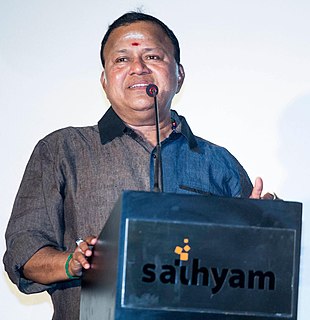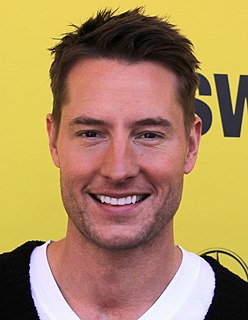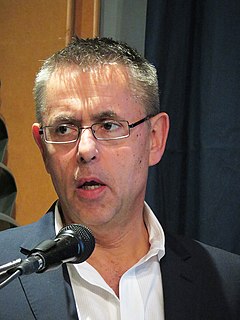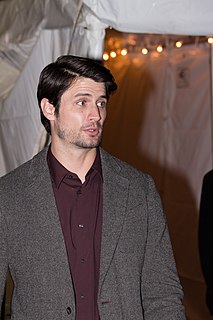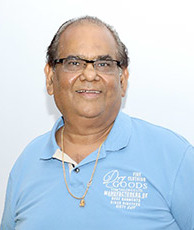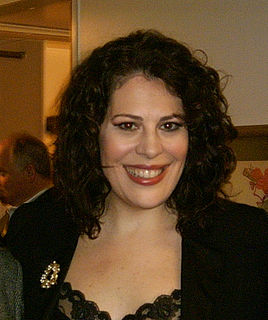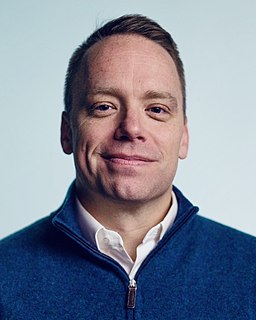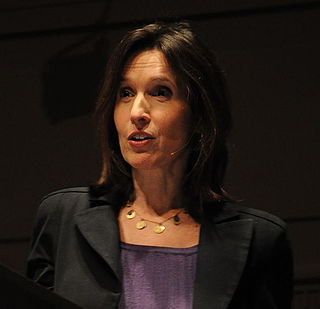A Quote by Radha Ravi
I've been a character artiste for four decades, and in our job, we learn very early that it doesn't pay to be narcissistic.
Related Quotes
The violence that has been going on incessantly in our community, getting worse and worse by the day, when we are slaughtering ourselves in unprecedented numbers; filled with self-hatred for each other in a spirit of retaliation and revenge. You kill my dog, I'll kill your cat, as though there are no consequences for this behavior, I have warned us about for the last three, nearly four decades telling our people we're going to have to pay a price for this.
I lived in Greece for about four years of my life, and living there had a huge impact on my life growing up. My father was very much adamant that we would learn about our culture. It's a very rich culture to be a part of since it has such a great history behind it. I definitely carry that in my job, and I am very passionate.
Very rarely have I worked with a director where we've been at odds. And by the time you've actually talked to somebody and you have the job, there's something that they see in you that they want you to bring to the character. And the best director says very little to you, acting-wise. They usually just say, "Okay, here's the shot." It's their job to do all that stuff, and your job's to do the acting. So it's very rare that somebody will say, "Oh, no. I conceived this very differently".
When you start digging into things like character, though, the notion that people have high character or low character is very strong. What's crazy is that my thinking is not a new insight. The very first large-scale study of character, still one of the largest ever, was done in the early 1900s by Hugh Hartshorne, an ordained minister and a scientist.
We are seeing a working-class, a middle class, which over the last three decades has seen their wages and income stagnate, while the very rich have seen their tax burden lighten in ways not seen in three or four decades. It's a face of a country that we need to look at and understand that inequality is perhaps the greatest threat to our economic recovery and democracy, and in that context we must take action.
